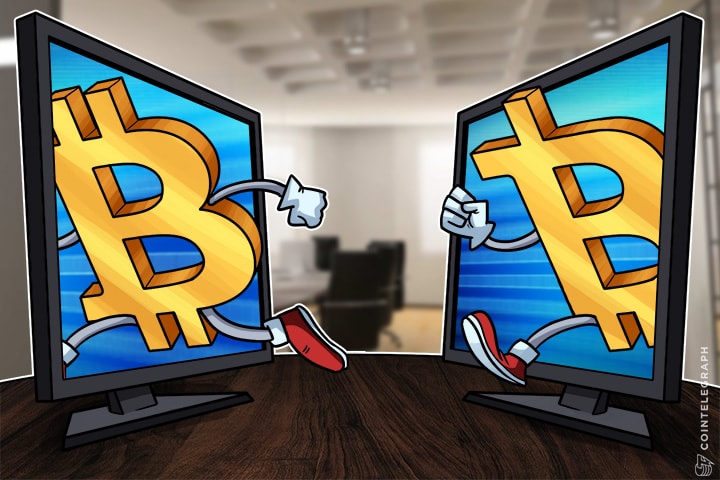There exist several complaints by users of Bitcoin over the speed of transactions. Protracted delays have been a key factor in the scalability debate as it concerns the most appropriate approach in resolving the block size problem.
While some transactions are delayed, preferential treatments have been given to transactions where fees are applicable, thereby chipping into one of the acclaimed advantages of peer-to-peer transactions which are the absence of charges.
Zero fee transactions
Michael Vogel, the CEO of Netcoins, says:
“You can try sending a Bitcoin transaction without a fee (most wallets will allow you to customize the fee). Chances are that you will find that zero fee transaction will hang for days without confirmation.”
Transaction fees have been criticized by a significant section of the Bitcoin community with some critics condemning any form of charges, while others appear to be more concerned at the charge rates.
However, most important are the reasons for transaction fees and how necessary it is to charge users of the cryptocurrency when transactions are carried out.
It’s all about balance
Vogel explains that the reason for transactions fees in Bitcoin is to serve as an incentive for miners to confirm transactions. He also notes that it essentially comes down to the good-will of a miner to confirm a transaction that is not associated with any fees.
According to him, the amount of Bitcoin fees and confirmation time is really the crux of the block size and forking debate, pointing out that if fees are set too high, then it alienates those interested in using Bitcoin for micro-transactions. On the other hand, fees that are too low will risk reducing the number of miners on the Bitcoin network. Hence, it is all about balance.
Fees maintain decentralization
President of Bitwage Jonathan Chester tells Cointelegraph that the only way for any system to exist necessitates an incentive to keep it going.
Typically, this comes in the form of either recognition (which is what drives developers of open source projects) or monetary value. According to Chester, for mining and transaction addition, this incentive is the fee.
Obviously, transaction addition for any payment system is incredibly important to incentivize correctly. In fact, whether it be a centralized system like PayPal, a bank or a decentralized system like Bitcoin, fees are required to keep transaction addition moving smoothly.
Chester also notes that in reality, the fewer fees there are the fewer miners there can be, which in turn has a centralizing effect on transaction addition and verification.
Chester says:
“Decentralization is a major advantage for Bitcoin, as it makes the technology much less coercible. This is important for Bitcoin to act as a check against bad monetary policy on behalf of governments. If a government is not able to control Bitcoin, this means that the people in power must always worry whether government-induced inflation will cause citizens to move to Bitcoin.”
He adds: “However if it turns out that a government can control Bitcoin due to a centralization of mining, no such check against corrupt government money production would exist.”
Finding equilibrium
However, Chester points out that high fees and variable fees can affect the Bitcoin industry in a multitude of ways.
High fees make micro transactions harder to manage, which means systems like 21 and Brave are affected.
With variable fees, exchanges that do not follow good fee procedures may send out payments to customers with major delays, which can have rippling effects when combined with solutions built on top of exchanges, such as the various Bitcoin remittance companies.


